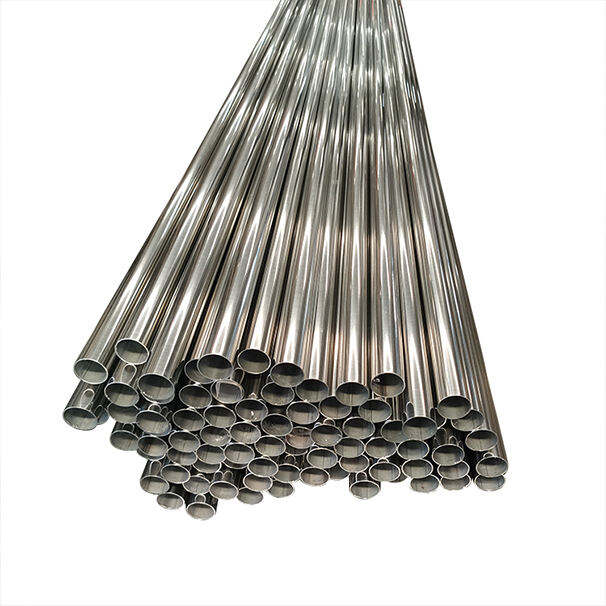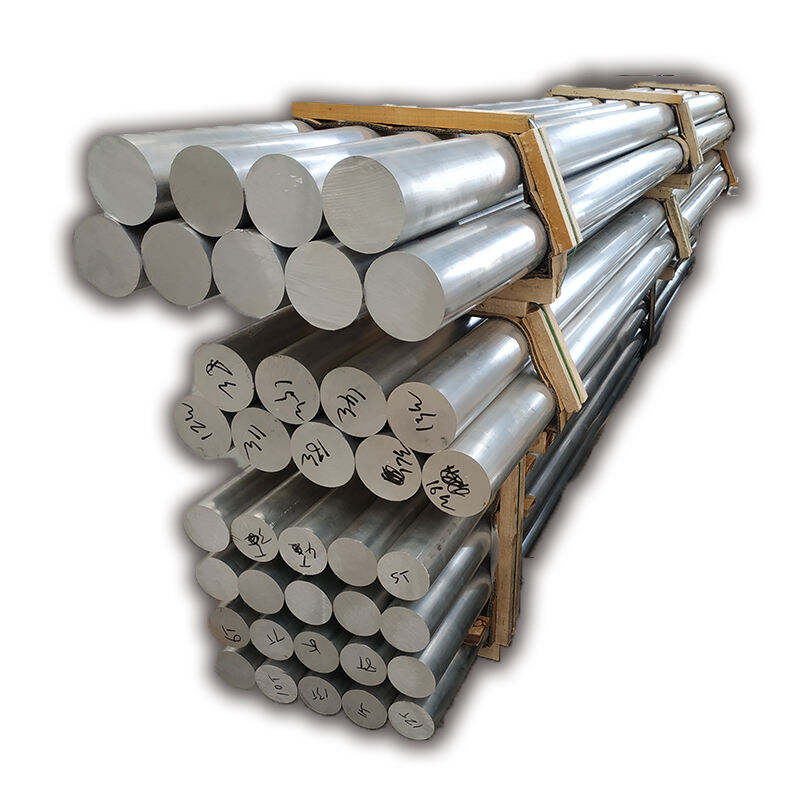The Critical Role of Stainless Steel in Industrial Applications
In the demanding world of industrial operations, the selection of materials can make the difference between success and catastrophic failure. Stainless steel tubes have emerged as the cornerstone of high-pressure applications, offering an unmatched combination of strength, durability, and corrosion resistance. These essential components serve as the lifeline in numerous industrial processes, from chemical processing to offshore oil extraction.
The industrial sector's reliance on steel tubes continues to grow, with global demand reaching unprecedented levels. Their versatility and reliability make them indispensable in environments where failure is simply not an option. Understanding their characteristics and applications has become crucial for engineers and industry professionals alike.
Material Properties and Engineering Excellence
Structural Integrity Under Pressure
The remarkable strength-to-weight ratio of stainless steel tubes makes them ideal for high-pressure environments. These components can withstand extreme pressures while maintaining their structural integrity, thanks to their unique molecular composition. The crystalline structure of stainless steel provides exceptional resistance to deformation, even under sustained pressure loads.
Engineers particularly value the predictable performance of steel tubes in critical applications. The material's elastic behavior allows for precise calculations and safety margins, ensuring reliable operation in the most demanding conditions. This predictability is essential when designing systems that must operate continuously under high pressure.
Corrosion Resistance and Longevity
One of the most compelling advantages of stainless steel tubes is their superior corrosion resistance. The chromium content in the alloy forms a passive oxide layer that continuously protects the material from environmental degradation. This self-healing protective layer ensures long-term reliability in corrosive environments, where other materials would quickly deteriorate.
The durability of these tubes translates directly into reduced maintenance requirements and extended service life. Industries operating in harsh environments, such as chemical processing plants or marine applications, benefit significantly from this inherent resistance to corrosion.
Applications Across Industries
Chemical Processing and Manufacturing
In chemical processing facilities, steel tubes form the backbone of production systems. These components handle aggressive chemicals, extreme temperatures, and varying pressure levels while maintaining their integrity. The ability to withstand such harsh conditions makes them invaluable in maintaining safe and efficient operations.
Manufacturing processes often require precise control of fluid flow and pressure. Steel tubes provide the necessary reliability and precision, ensuring consistent product quality and operational safety. Their smooth internal surface also minimizes flow resistance and prevents material buildup, essential for maintaining efficient production processes.
Oil and Gas Industry Implementation
The oil and gas sector relies heavily on steel tubes for exploration, extraction, and transportation operations. These components must withstand extreme depths, high pressures, and corrosive environments while maintaining their structural integrity. The industry's stringent safety requirements make the reliable performance of steel tubes absolutely crucial.
Offshore platforms, in particular, represent one of the most demanding applications for these components. The combination of salt water exposure, high operating pressures, and critical safety requirements makes the selection of proper materials essential. Steel tubes have proven their worth in these challenging conditions time and time again.
Design Considerations and Selection Criteria
Material Grade Selection
Choosing the right grade of stainless steel is crucial for optimal performance in high-pressure applications. Engineers must consider factors such as operating pressure, temperature ranges, and chemical exposure when selecting materials. The various grades available offer different combinations of strength, corrosion resistance, and cost-effectiveness.
The selection process often involves detailed analysis of environmental conditions and operational requirements. Factors such as cyclic loading, thermal expansion, and potential chemical reactions must all be carefully evaluated to ensure the chosen steel tubes will perform reliably throughout their intended service life.
Installation and Maintenance Protocols
Proper installation of steel tubes is critical for ensuring optimal performance and longevity. This includes careful attention to welding procedures, support systems, and alignment considerations. Even the most well-designed system can fail if installation protocols are not strictly followed.
Regular maintenance and inspection programs help identify potential issues before they become critical. This proactive approach to maintenance has proven essential in maximizing the service life of steel tube installations while ensuring continued safe operation under high-pressure conditions.
Future Trends and Innovations
Advanced Manufacturing Technologies
The manufacturing of steel tubes continues to evolve with new technologies and processes. Advanced manufacturing methods, including precision forming and automated welding, are improving the consistency and reliability of these critical components. These innovations are leading to higher quality products with even better performance characteristics.
Research into new alloy compositions and surface treatments promises to further enhance the capabilities of steel tubes. These developments could lead to components that offer even greater pressure resistance and durability while potentially reducing material costs.

Sustainable Development and Efficiency
The focus on sustainability in industrial operations is driving innovations in steel tube design and manufacturing. New production methods are reducing energy consumption and material waste, while maintaining or improving performance characteristics. The recyclability of stainless steel makes it an environmentally responsible choice for high-pressure applications.
Efficiency improvements in manufacturing processes are making high-quality steel tubes more accessible to a broader range of industries. This democratization of advanced materials is enabling more companies to upgrade their operations with superior components.
Frequently Asked Questions
What makes stainless steel tubes suitable for high-pressure applications?
Stainless steel tubes excel in high-pressure environments due to their exceptional strength-to-weight ratio, superior corrosion resistance, and ability to maintain structural integrity under extreme conditions. Their crystalline structure provides reliable performance and predictable behavior, making them ideal for critical applications.
How long can steel tubes last in corrosive environments?
With proper selection, installation, and maintenance, steel tubes can last several decades in corrosive environments. Their self-healing chromium oxide layer provides continuous protection against corrosion, though actual service life depends on specific operating conditions and maintenance practices.
What are the key factors in selecting the right steel tubes for industrial applications?
The selection of appropriate steel tubes depends on multiple factors including operating pressure, temperature requirements, chemical exposure, and environmental conditions. Engineers must also consider material grade, wall thickness, and specific industry standards or regulations when making their selection.




